We're approaching the middle of the week, and although we kind of expected the flow of news to calm down and slow down a bit with the arrival of Christmas, given the development of recent events, it's just the opposite. In today's summary, we will look at the case that concerns Pornhub, and we will not forget the evergreen in the form of the United States Telecommunications Authority (FTC), which has once again stepped on Facebook. Then we will mention the Ryugu asteroid, or rather the successful mission, thanks to which it was possible to transport samples to Earth. Let's get straight to the point.
It could be interest you

Pornhub has deleted more than 10 million uploaded videos
Pornhub's porn site probably doesn't need much description. Perhaps everyone who ever visited it had the honor of getting to know its contents. Until recently, however, all video recording was not very regulated, often took place without the consent of users, and it was a kind of Wild West that strongly resembled YouTube in its early days. This is precisely why it was to be expected that some regulations would come over time, which did not take long to arrive. Several groups objected to the site, accusing the representatives of tolerating child pornography and, above all, legitimate abuse and rape.
Although it was expected that the platform would object to the accusations, the exact opposite actually happened. The officials began to pour ashes on their heads, admitting that several videos appeared on the page that the moderators somehow did not have time to check. Also for this reason, there was a massive cleaning of the content and a temporary suspension of all videos from unregistered and unverified users. Likewise, Pornhub mentioned that starting today it will only tolerate videos from so-called "models", i.e. people who have been legitimately verified - among other things by age. The rest will have to be reviewed in January before the videos will be re-uploaded and made available. In any event, this explanation was not sufficient for MasterCard or Visa, the two transaction processors. Pornhub has thus definitively resorted to cryptocurrencies, which will be used not only to pay for subscriptions, but also to pay for advertisements and acting in films.
FTC takes a stand against Facebook again. This time because of collecting personal data and children
It wouldn't be a proper summary if it didn't also mention Facebook and how it illegitimately collects user data. Although this is a relatively well-known and well-charted matter, which both users and politicians are aware of, the situation becomes somewhat unbearable when children are also involved in the game. It was in their case that Facebook abused the data and, above all, collected and profited from their further resale. But it's not just the media giant, the FTC has also issued a similar summons to Netflix, WhatsApp and others. Specifically, the agency called on the tech giants in question to share the way in which they process information and whether they are not directly violating the law.
It is primarily the data of children and minors, i.e. potentially the most vulnerable users, who often share information that is not entirely appropriate, or do not understand what the company in question actually knows about them. That is why the FTC has focused on this segment in particular and wants to know how companies conduct market research and whether or not they are directly targeting children. In any case, this is far from the only challenge and we can only wait to see how the whole situation develops. After all, things like this often end up in court, and we wouldn't be surprised if tech giants decided to keep such secrets under wraps.
It could be interest you
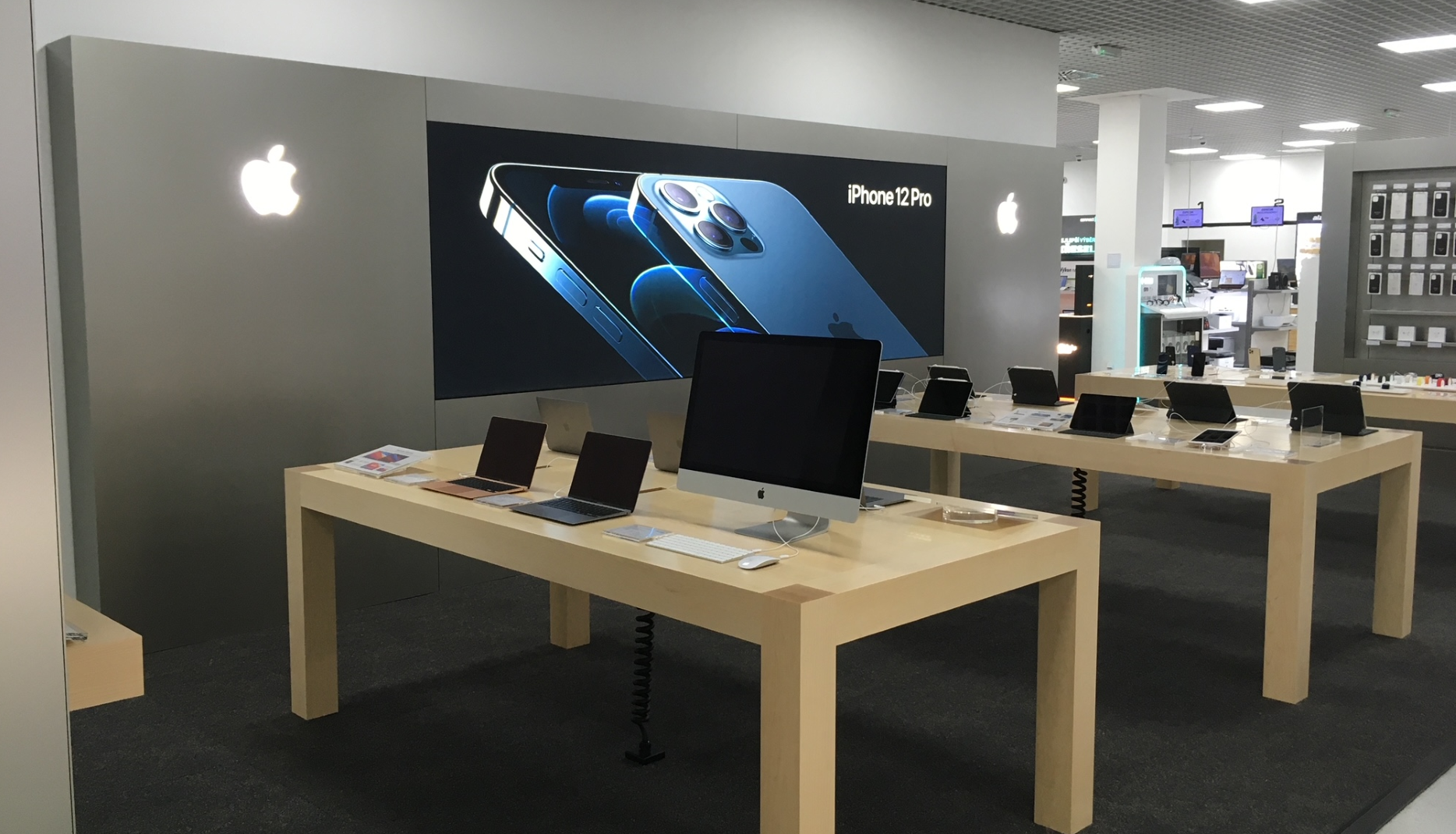
Asteroid Ryugu on the scene. For the first time, scientists have opened "Pandora's box" in the form of rare specimens
We have already reported several times about the successful, long-standing and, above all, not so much discussed Japanese mission. After all, the six-year effort of scientists to send a small module to the asteroid Ryuga, collect samples and quickly disappear from the moving object again sounded somewhat futuristic. But as it turned out, the reality significantly exceeded expectations and the scientists really succeeded in obtaining the necessary samples, including fragments that will be used to better map how the rocks were actually formed and under what conditions. Specifically, the entire mission was carried out by the small module Hayabusa 2, which was created for a long time under the guidance of JAXA, that is, an organization that protects astronomers and other companies involved in development.
In any case, this is a fairly important milestone that humanity is unlikely to overcome easily. After all, the samples are over 4.6 billion years old, and the asteroid has been moving through deep space for quite some time. It is this aspect that will help scientists unravel a long-standing mystery, which lies primarily in the fact that we do not know exactly how individual objects in the universe were formed and whether it was a random or systematic process. Either way, this is a fascinating topic, and we can only wait to see how the scientists deal with the samples and whether we will learn anything in the foreseeable future, or we will have to wait for other successful missions.
It could be interest you
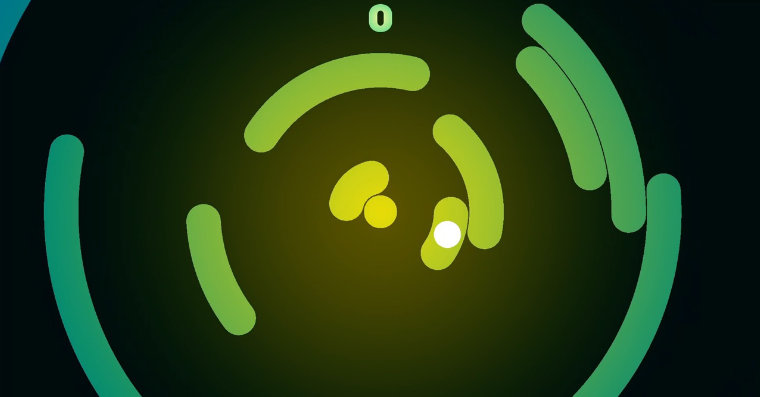
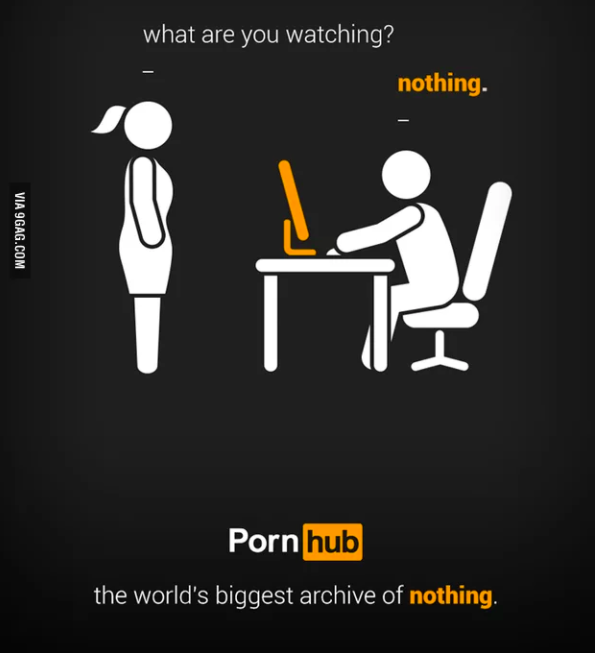



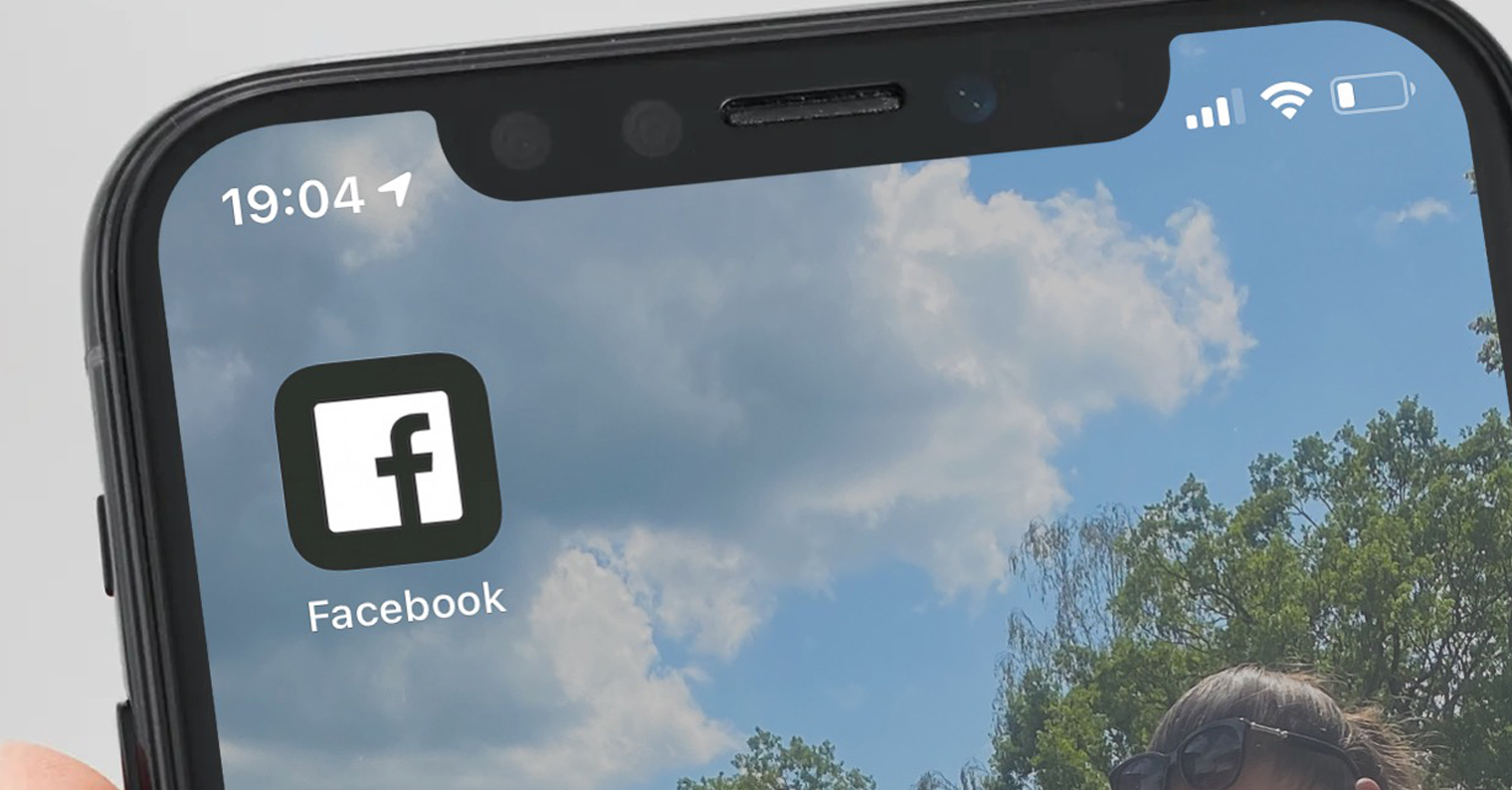
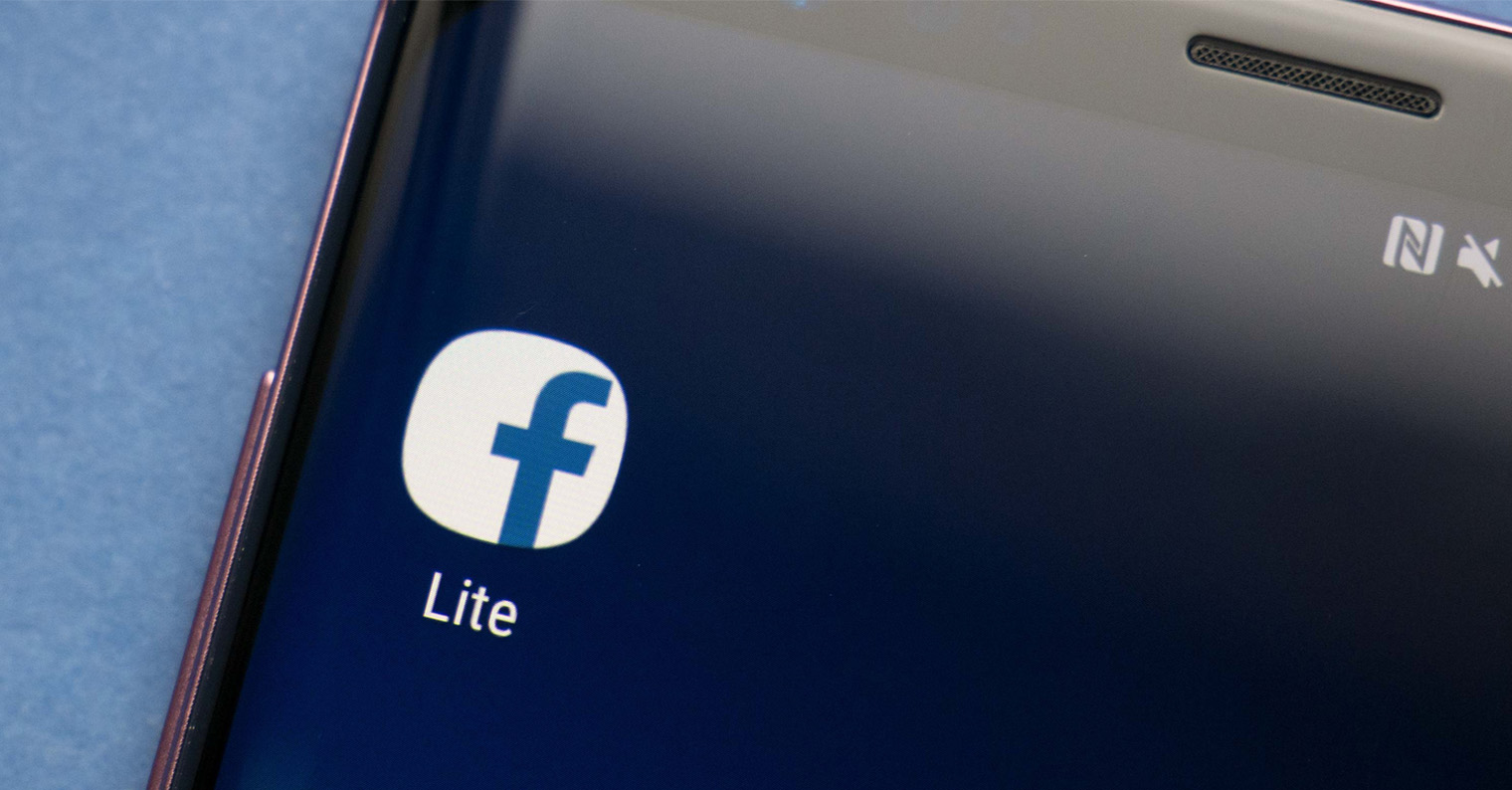
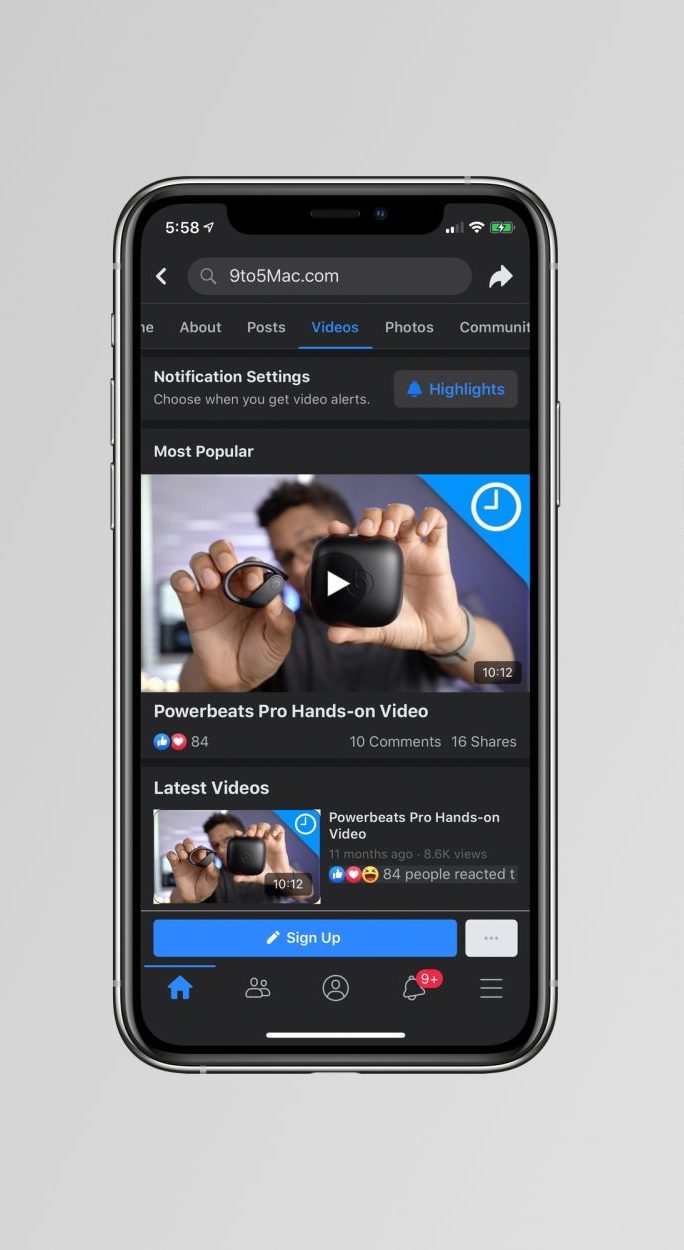



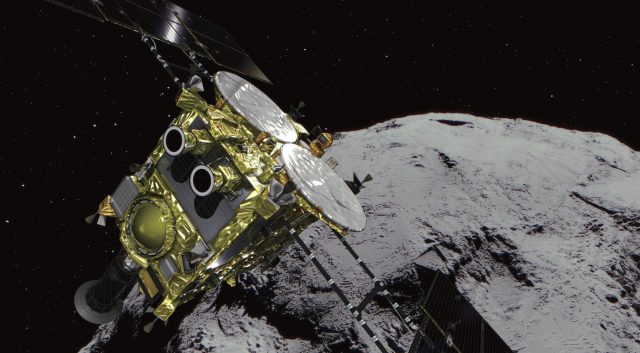
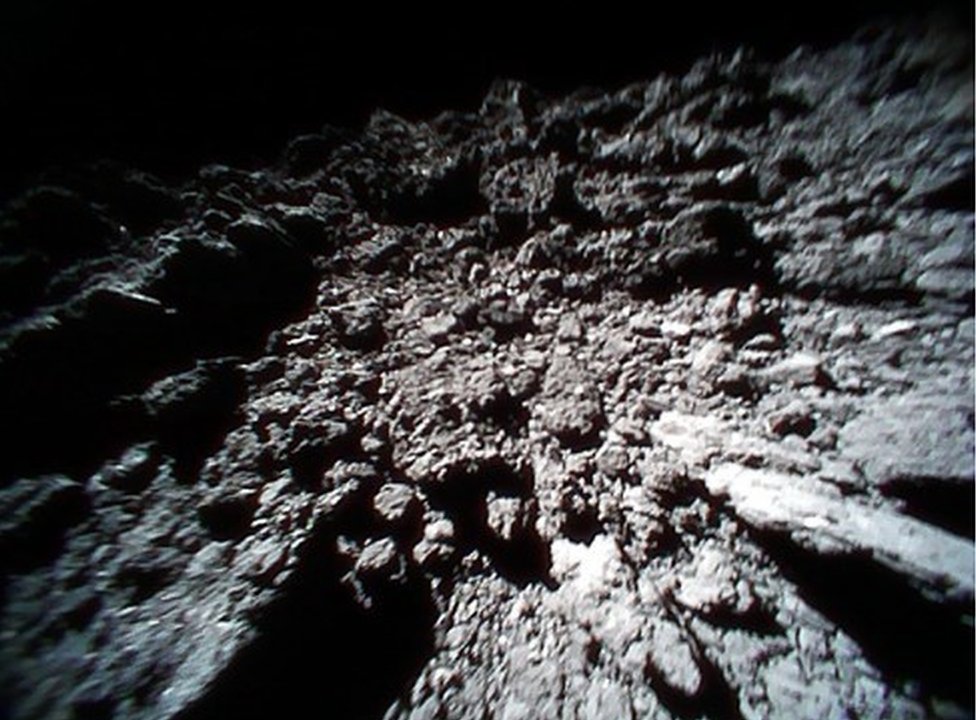

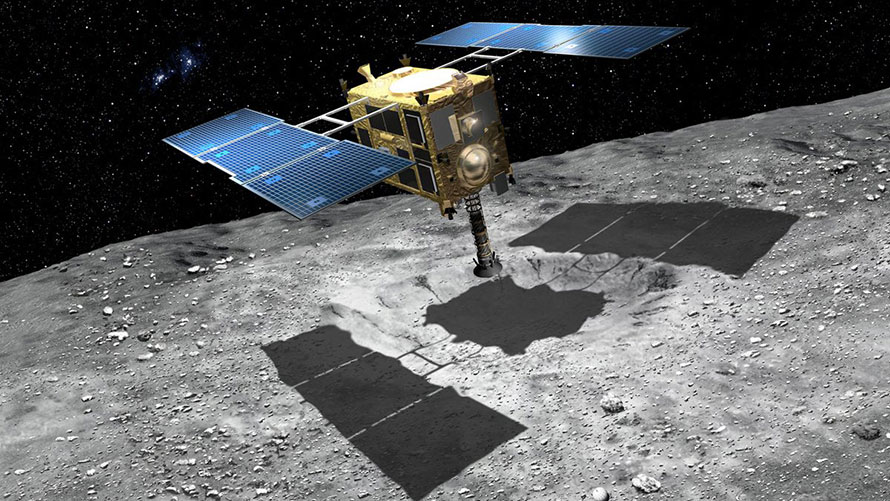
Bitcoin will skyrocket... it's time to buy some :D